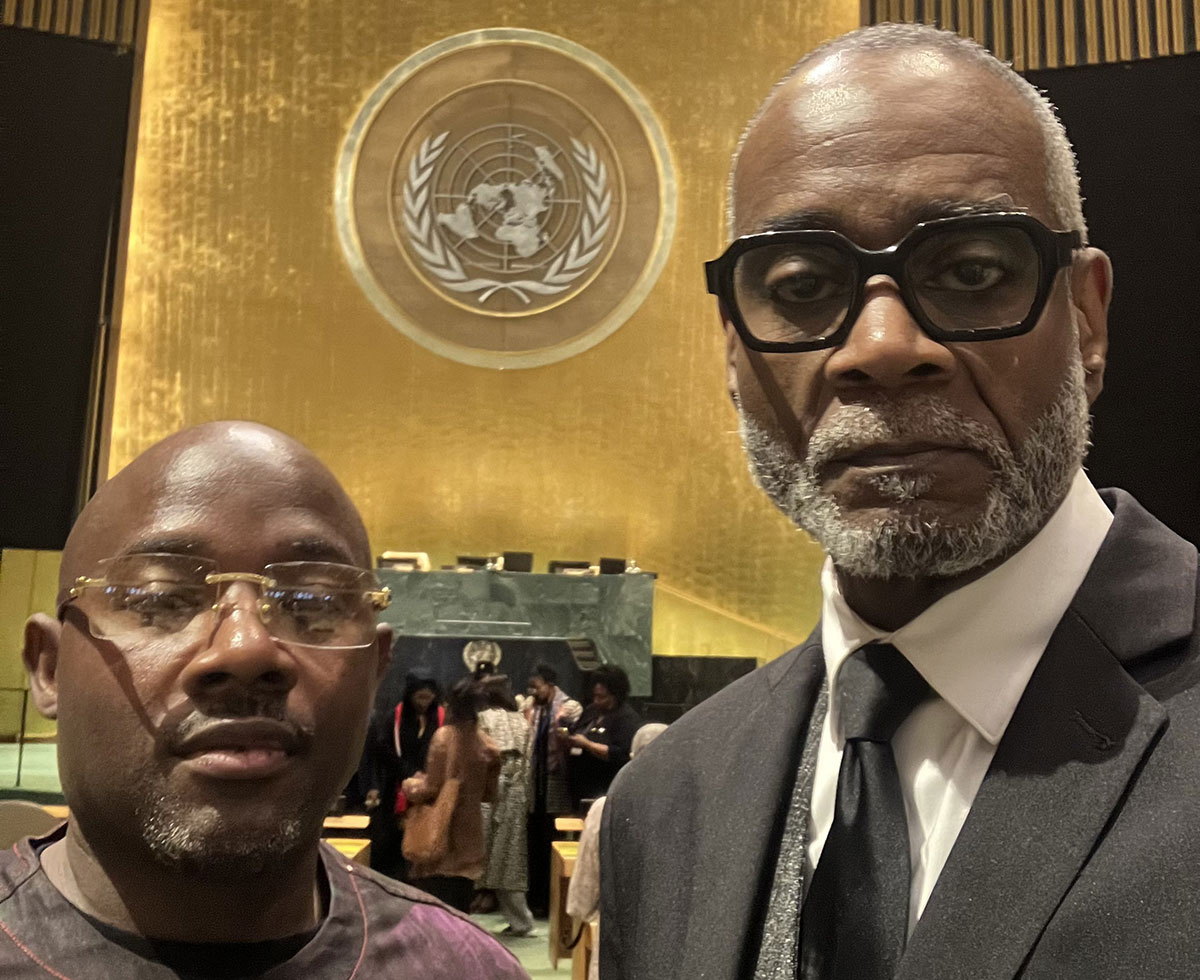

Dennis Boatwright, II
Political Activist
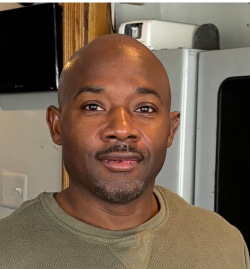
Center for Pan African Studies Delegates Join Others at United Nations in Urgent Call for Unity and Reparations
The 4th Session of the Permanent Forum on People of African Descent, held at the United Nations Headquarters in New York City, was memorable in many ways. Established in 2021 by the UN General Assembly, the annual event was designed to give people of African descent a platform to discuss and debate important issues. However, it became immediately clear at the opening meeting that the PFPAD functioned, in essence, as a Pan-African Congress.
Speaker after speaker, whose stature ranged from the Vice President of Venezuela to representatives of grassroots civil society organizations such as the World African Diaspora Union, delivered riveting perspectives on this year’s theme: “United for Reparatory Justice in the Age of Artificial Intelligence.” But three presenters stood out in particular.
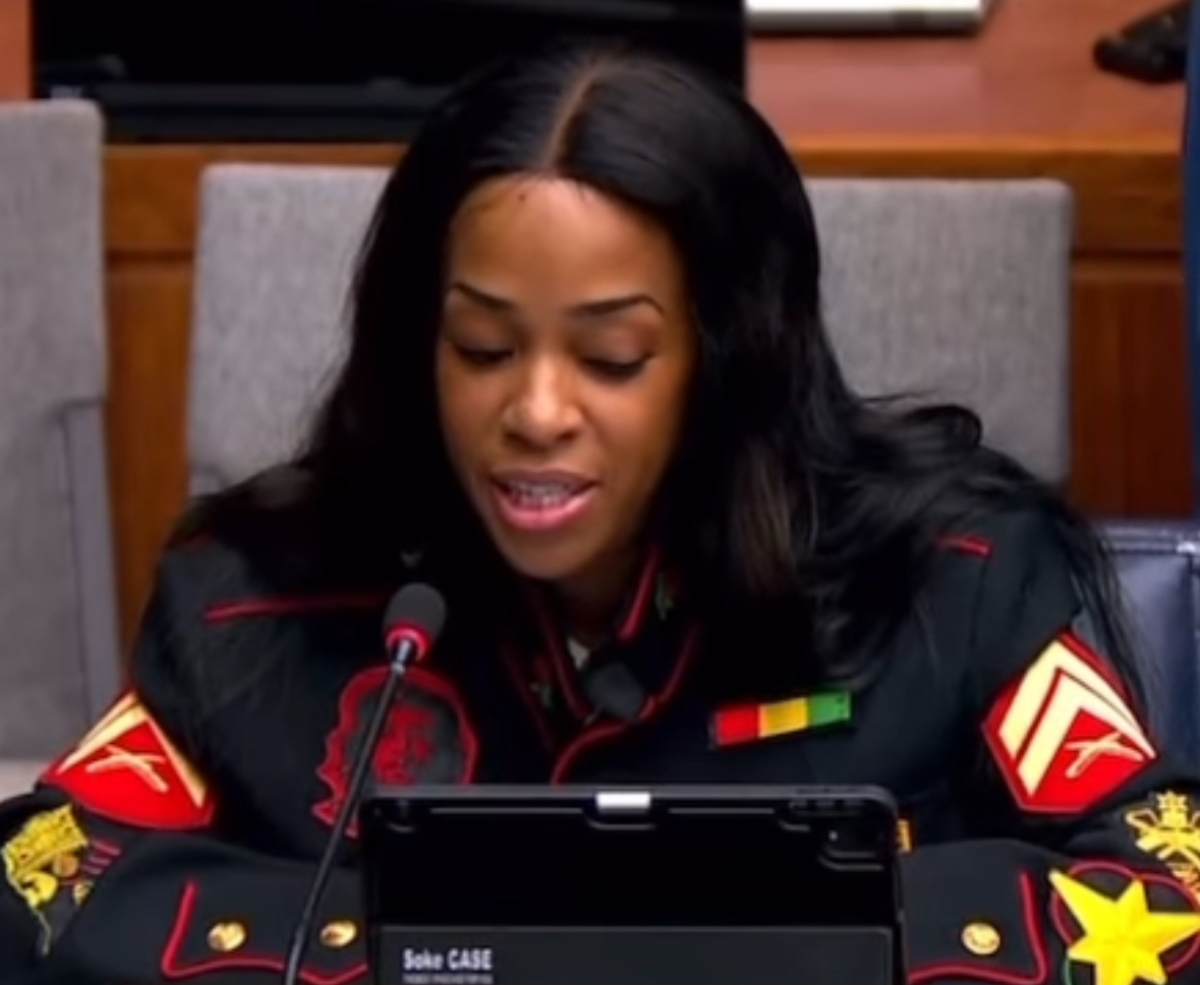
H.E. Merkaba, representing the Ethiopian World Federation, surprised the entire assembly. She lectured the United Nations panel for failing to uphold principles enshrined in the UN Charter and candidly accused the international body of being among the chief perpetrators of rape and violence against African women and children. Her scorching remarks drew repeated applause and a standing ovation. Yet, another powerful moment came the following day.
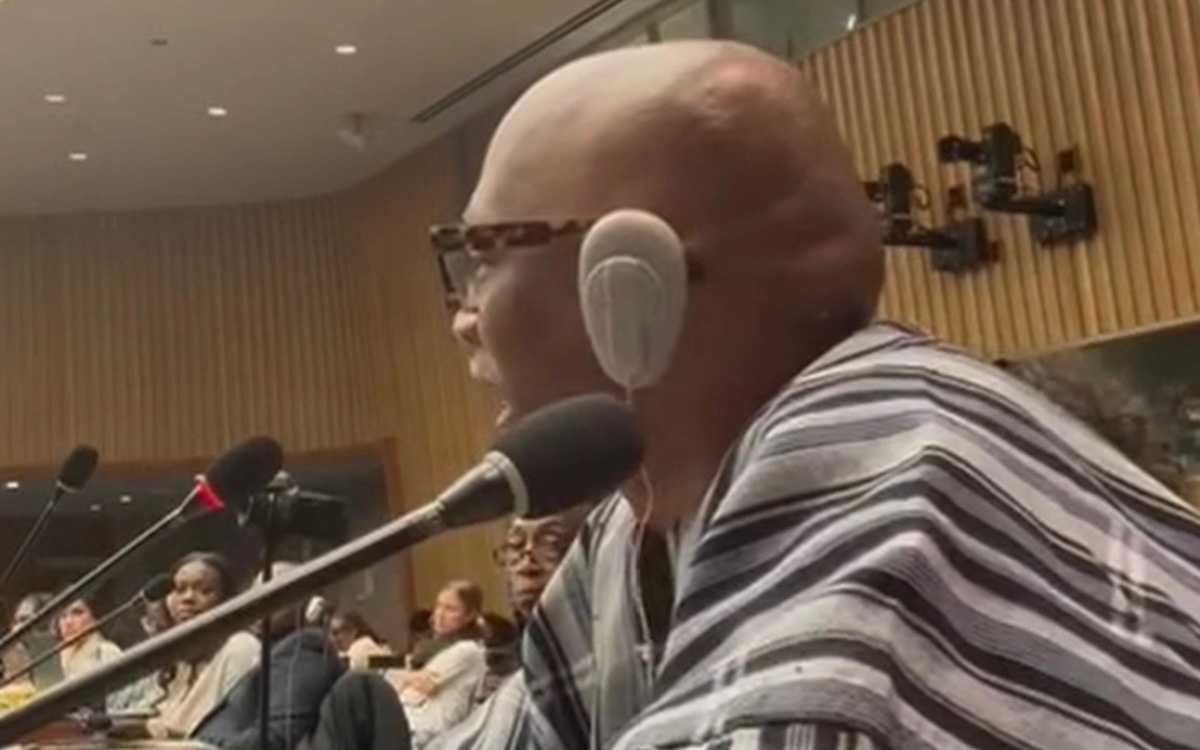
Brooklyn native Charles Mitchell, a delegate of the World African Diaspora Union, halted proceedings when he vehemently objected to the UN’s refusal to allow an esteemed participant to speak near the end of the session. He reminded the panel that all African proceedings should be guided by the value system of Ubuntu, which encourages every voice to be heard. His scathing comments initially silenced the room but concluded with thunderous applause. Incredibly, not only was the speaker permitted to present, but Mr. Mitchell was also invited to address the UN a second time.
The moment that most changed the tone and temperature of the session, however, occurred on the forum’s first day in the UN General Assembly. After dozens of speakers made the case for reparations for people of African descent, Dennis Boatwright, founding director of the Center for Pan African Studies, exhorted participants and UN member states to follow the model set forth by the Alliance of Sahel States (AES).
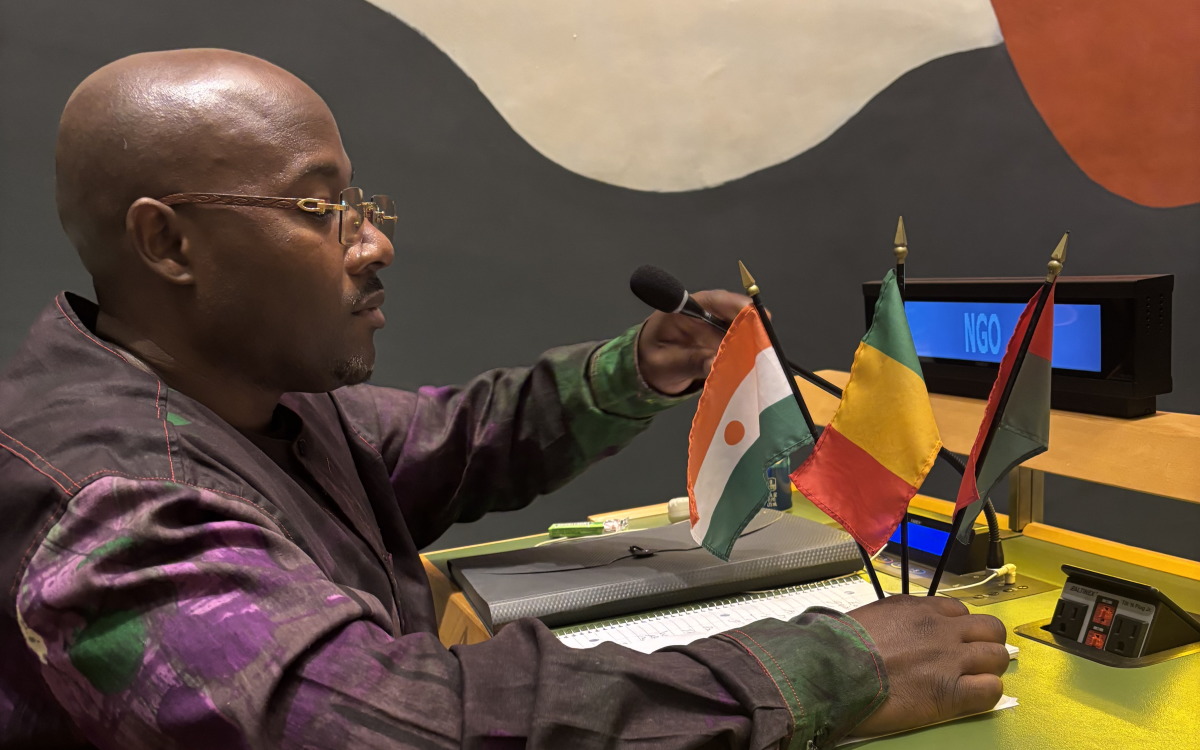
Mr. Boatwright’s speech highlighted the strategic path the AES adopted to secure reparations for themselves:
- Expelled foreign militaries
- Gained control of natural resources
- Formed the multilateral bloc known as the Alliance of Sahel States (AES)
As Boatwright spoke, he emphasized how the AES’s actions accelerated development in its three member states, leading to dramatic improvements in healthcare and living standards across the Sahel.
At the conclusion of his remarks, several attendees exchanged contact information with him. Others expressed appreciation for his timely message about the importance of the Alliance of Sahel States. An elder delegate from the Provisional Government of the Republic of New Afrika thanked him for invoking the name of Master Teacher Dr. John Henrik Clarke at the United Nations.
Although no enforcement mechanisms were established to collect reparations, an optimistic energy filled the air, inspired by the recognition of what many described as the emergence of a long-awaited African Renaissance.
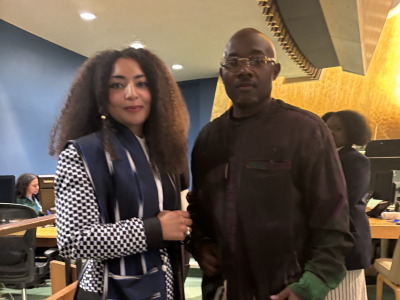
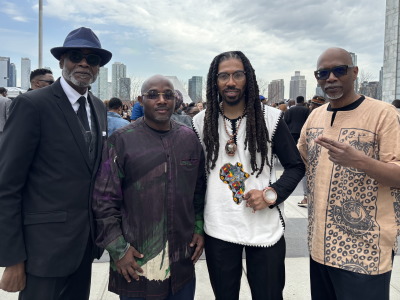
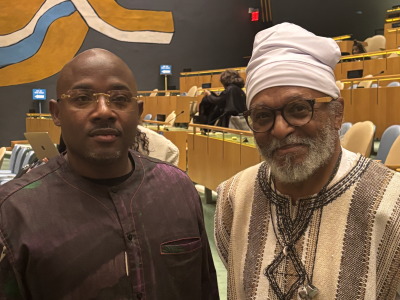
The last time many people of African descent felt such excitement was between 1957 and 1963. Unfortunately, during that period, African leaders failed to capitalize on the moment. Instead, they split into the Casablanca and Monrovia factions, which effectively derailed the African independence movement. However, this generation appears determined not to let this moment become just another missed opportunity.
Posted: Thu, May 1, 2025









